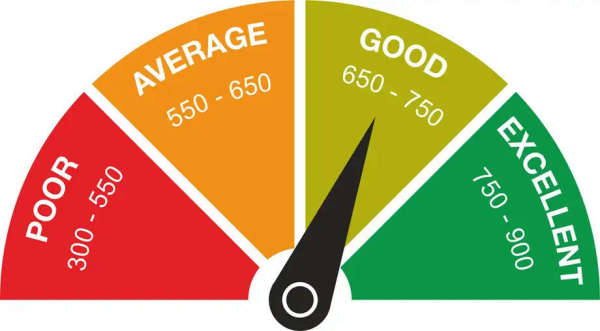
Maintaining a good CIBIL score is extremely important for all individuals. It helps you to get loans from banks easily, as a strong CIBIL score shows financial credibility. Additionally, a good CIBIL score is also required for other financial activities.
The Reserve Bank of India (RBI) has laid down six rules to improve the CIBIL score. By following these rules, you can strengthen your CIBIL score. Let's know about these rules.
CIBIL score update after every 15 days-
According to the rules of the Reserve Bank of India (RBI Rules), now your CIBIL score will be updated every 15 days i.e., twice every month. This rule is effective from the 1st date. Updating the CIBIL score every 15 days will help the bank to approve the loan. Along with this, people will also benefit.
People will get information to check their CIBIL score-
Whenever a bank or NBFC checks a customer's credit report, it is mandatory to inform the customer about it. This information can be sent by the bank or NBFC through email or message. This transparency keeps the customer informed about their credit activity.
Reason for rejecting any request-
According to RBI rules, if any request of the customer is rejected, then it is necessary to tell the customer the reason for rejecting the request. This will make it easier for the customer to apply for the request again.
Free Credit Report once a year-
Credit companies will have to give a free credit report to their customers once a year. This process will be done online.
It is necessary to tell the customer before default-
If a customer is going to default, then the company will have to inform the customer before reporting the default.
Complaints to be resolved within this many days-
Credit companies will now have to resolve customer complaints within 30 days. If they fail to do so, they will have to pay a fine of Rs 100 per day. In these 30 days, lending companies will have 21 days to resolve complaints, while credit bureaus will have 9 days.
Disclaimer: This content has been sourced and edited from Hr Breaking. While we have made modifications for clarity and presentation, the original content belongs to its respective authors and website. We do not claim ownership of the content.